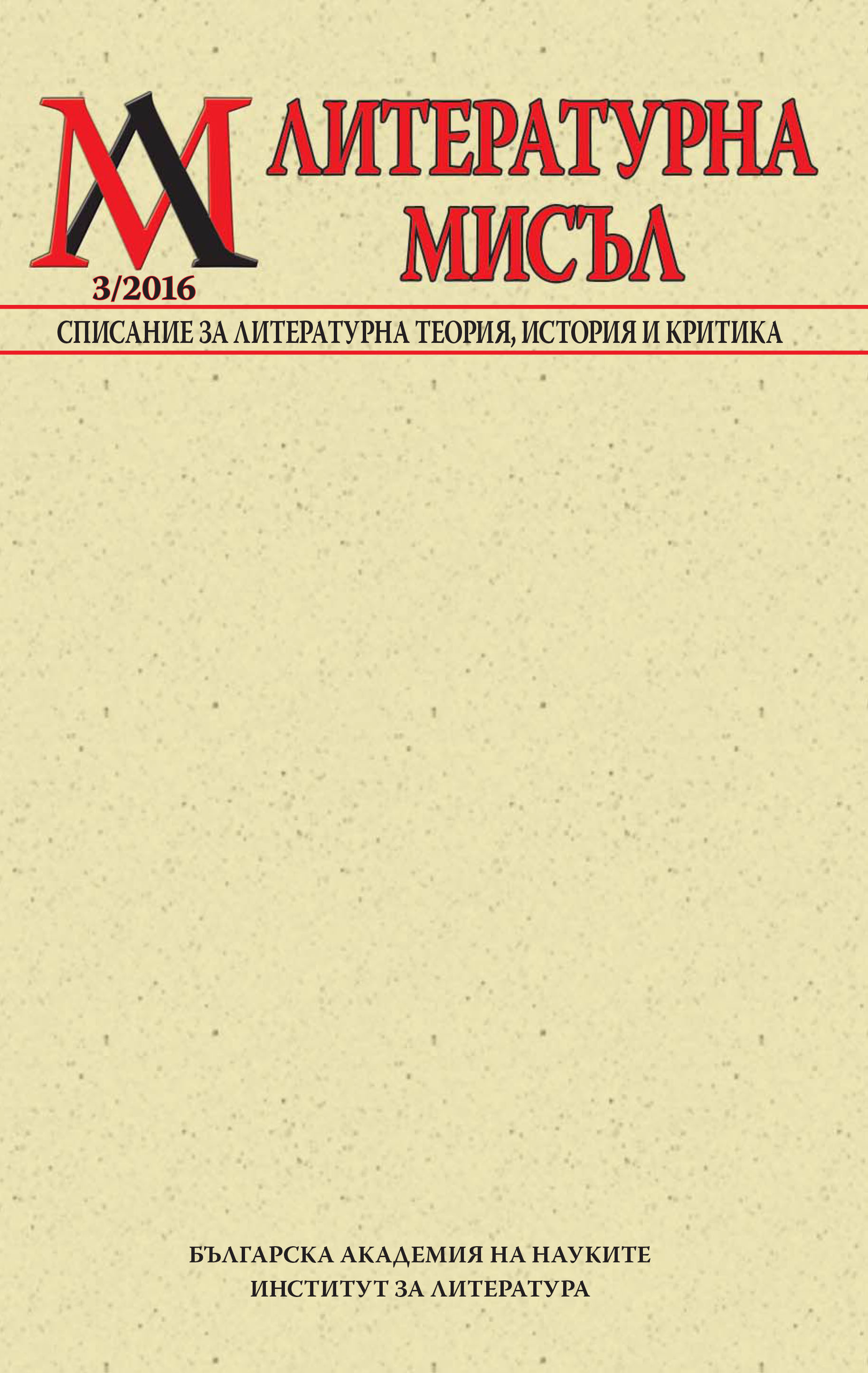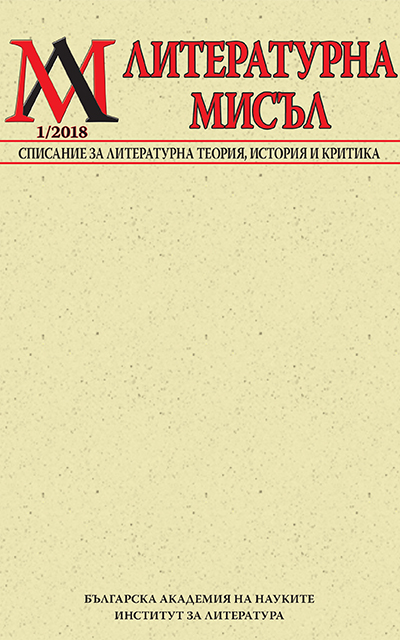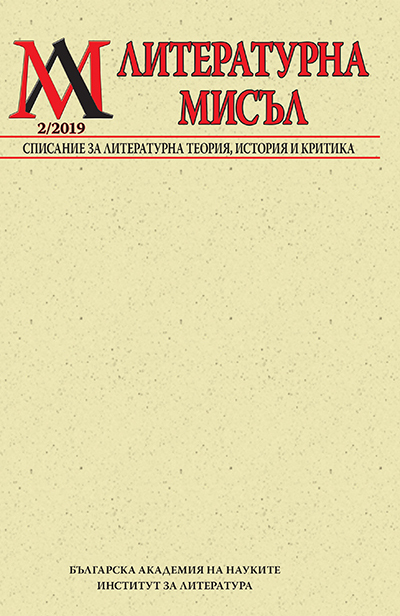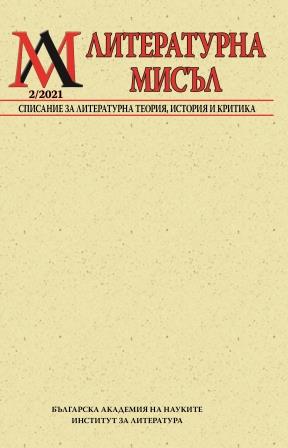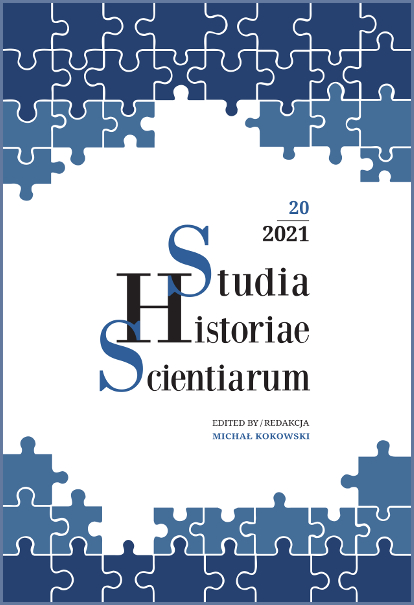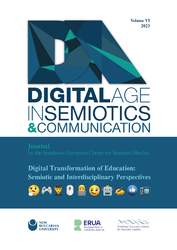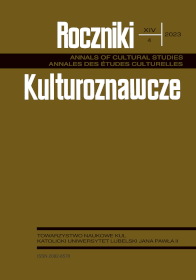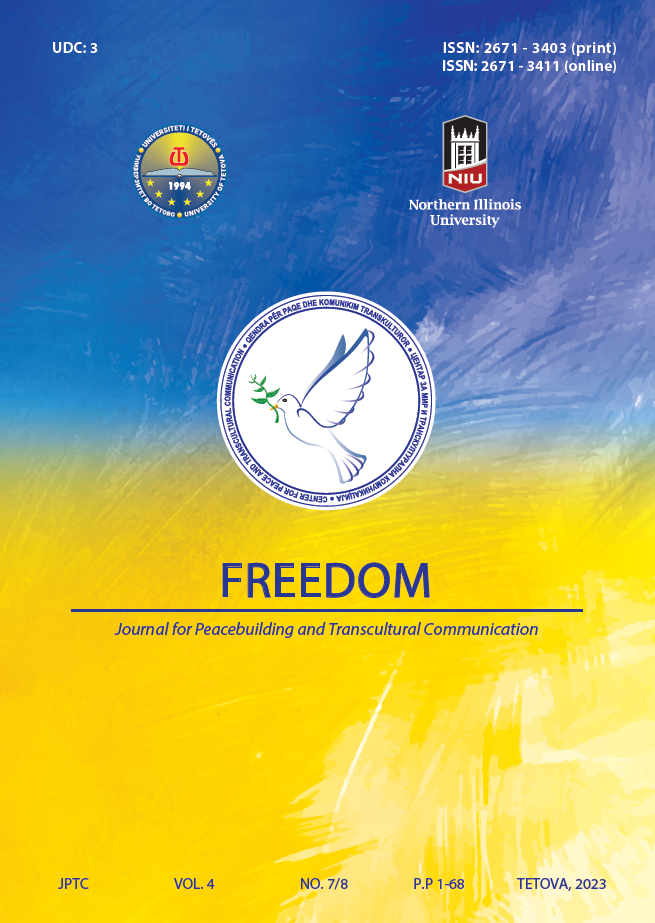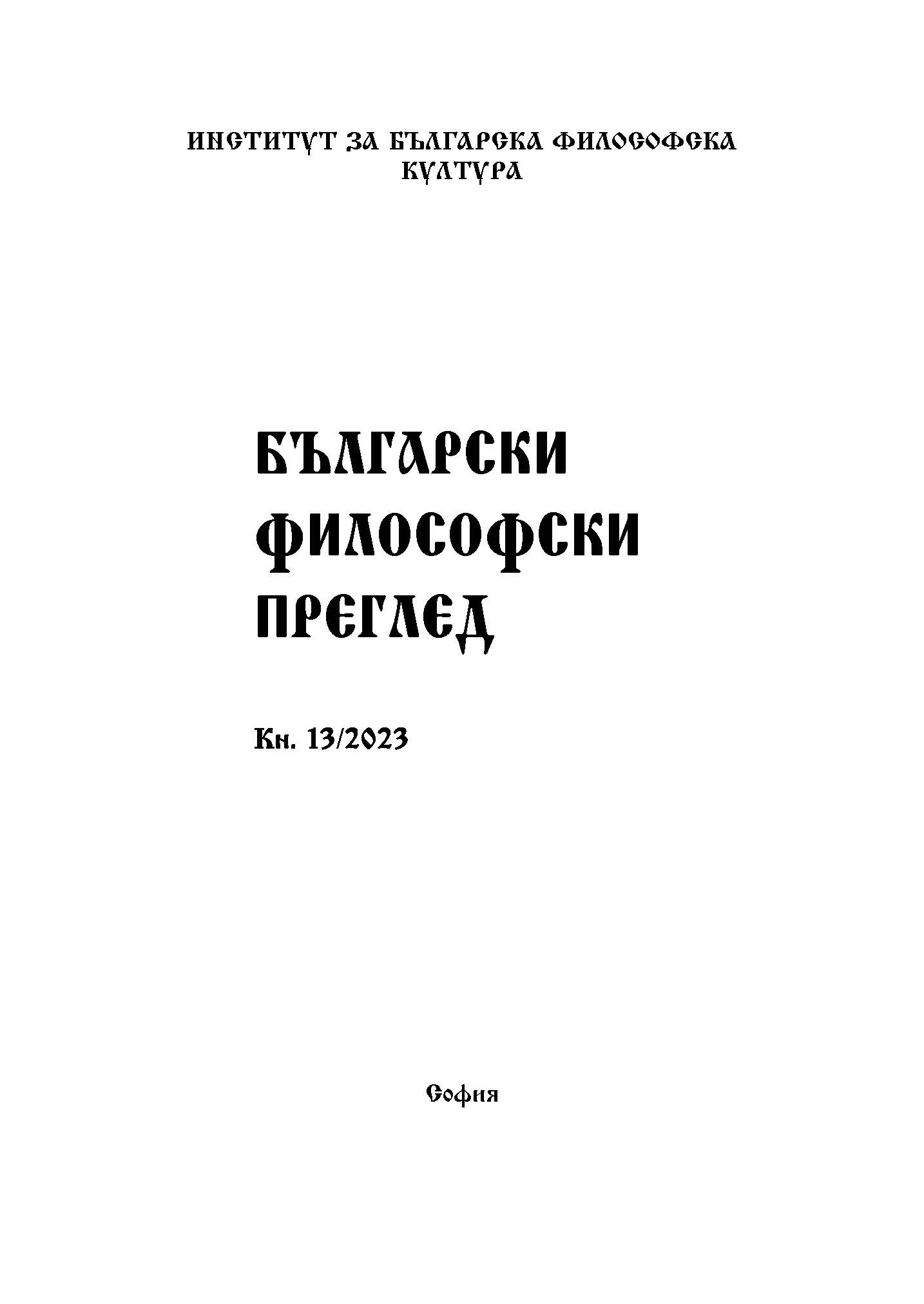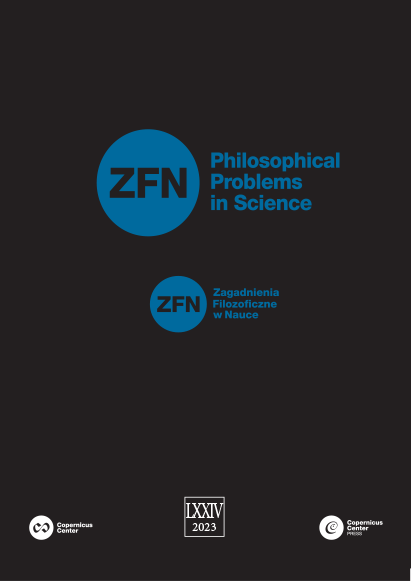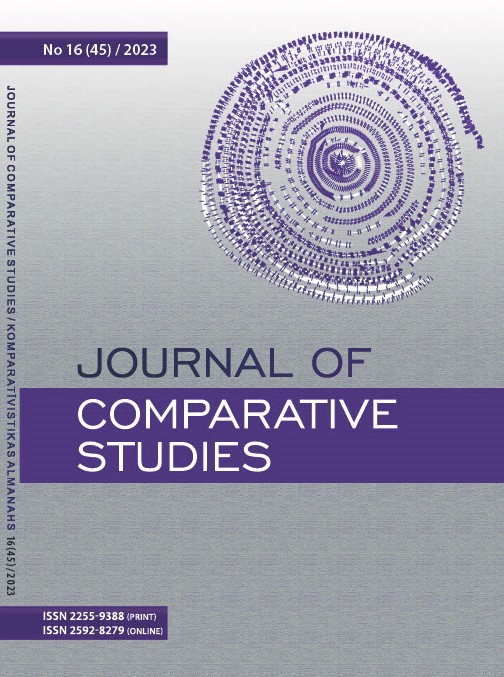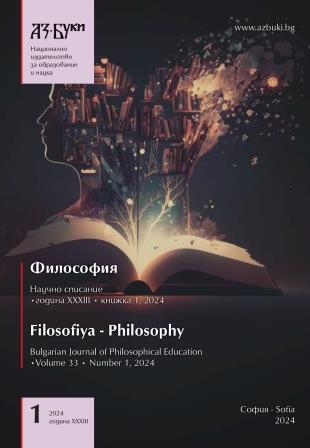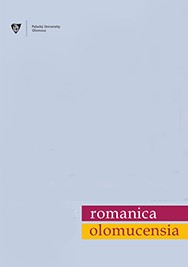Author(s): Jared Smith / Language(s): English
Issue: 1/2023
This analysis uses a postphenomenological lens to provide insight into the shift occurring within society at large. It focuses on the educational domain, and arguing for a reevaluation of instructive approaches. Philosophical research into technology and education is seemingly lacking, and so this article seeks to fill the present gaps. This analysis initially delves into the postphenomenological frameworks of technological mediation, intentionality, and dimensions, to clearly differentiate the embodiment and cybernetic relationships as they are understood within various texts. Following this the epistemic and practical dimensions of these relations are explored to then be juxtaposed with the descriptive argument of the overall cultivating cybernetic relationship between human user and technological artefact in contemporary times, using the smartphone as the core example case study. Finally, a normative argument is made considering the previous cybernetic insight, in that if the classroom setting is to evolve and adapt, it too must embed technology within the classroom, lessons, and overall educational engagement. It represents an equalizing technological balance of cybernetic student and immersive classroom where the intentionality of user, technology, and classroom blend together to continue the cultivation of our blossoming relationship with technology.This analysis uses a postphenomenological lens to provide insight into the shift occurring within society at large. It focuses on the educational domain, and arguing for a reevaluation of instructive approaches. Philosophical research into technology and education is seemingly lacking, and so this article seeks to fill the present gaps. This analysis initially delves into the postphenomenological frameworks of technological mediation, intentionality, and dimensions, to clearly differentiate the embodiment and cybernetic relationships as they are understood within various texts. Following this the epistemic and practical dimensions of these relations are explored to then be juxtaposed with the descriptive argument of the overall cultivating cybernetic relationship between human user and technological artefact in contemporary times, using the smartphone as the core example case study. Finally, a normative argument is made considering the previous cybernetic insight, in that if the classroom setting is to evolve and adapt, it too must embed technology within the classroom, lessons, and overall educational engagement. It represents an equalizing technological balance of cybernetic student and immersive classroom where the intentionality of user, technology, and classroom blend together to continue the cultivation of our blossoming relationship with technology.
More...
